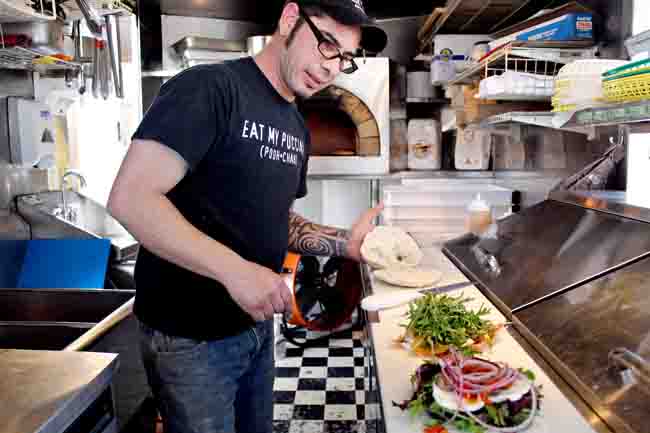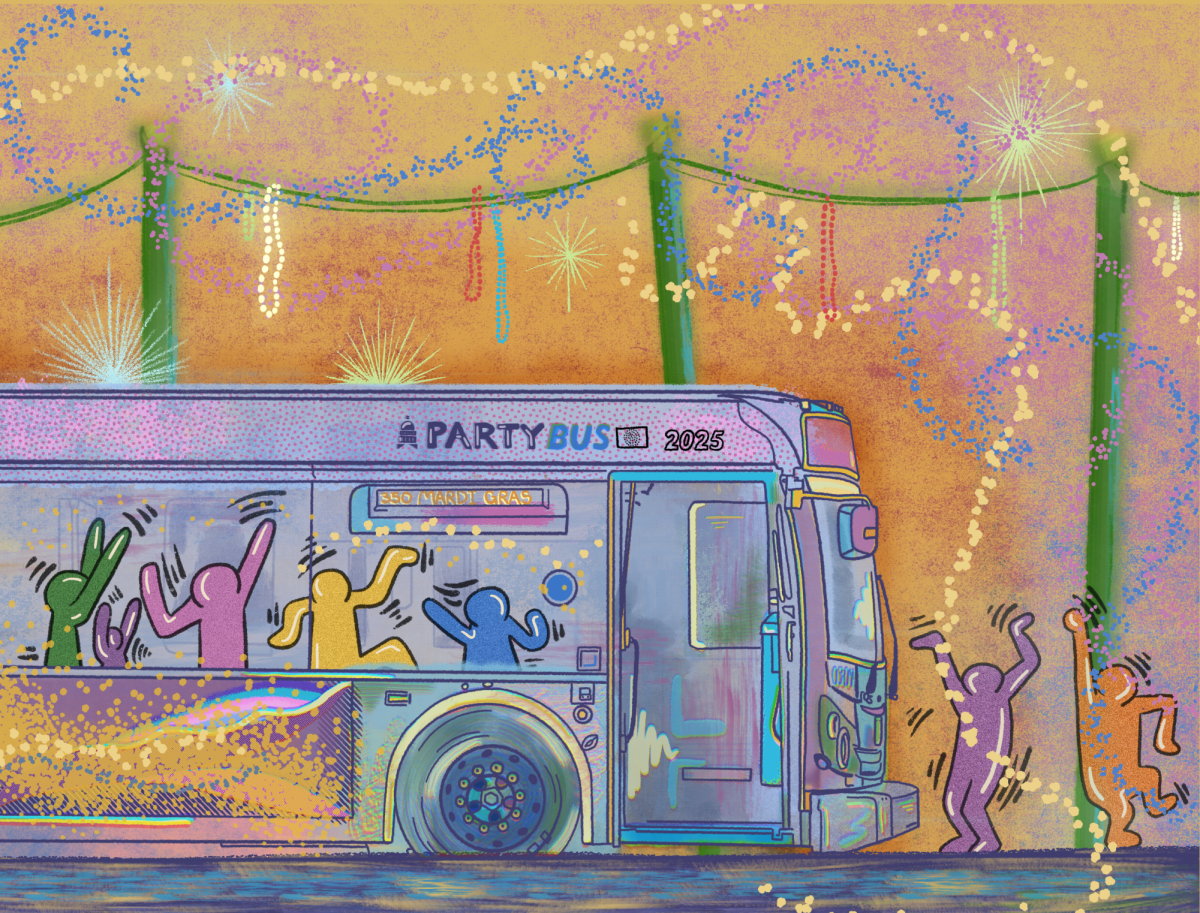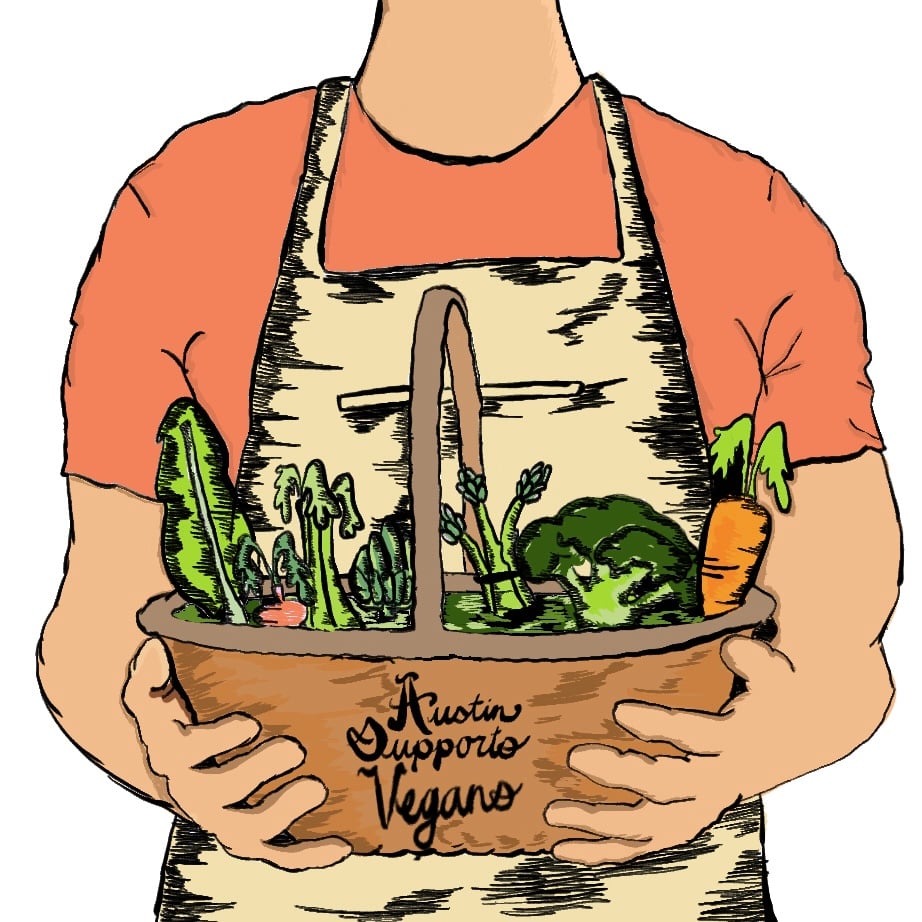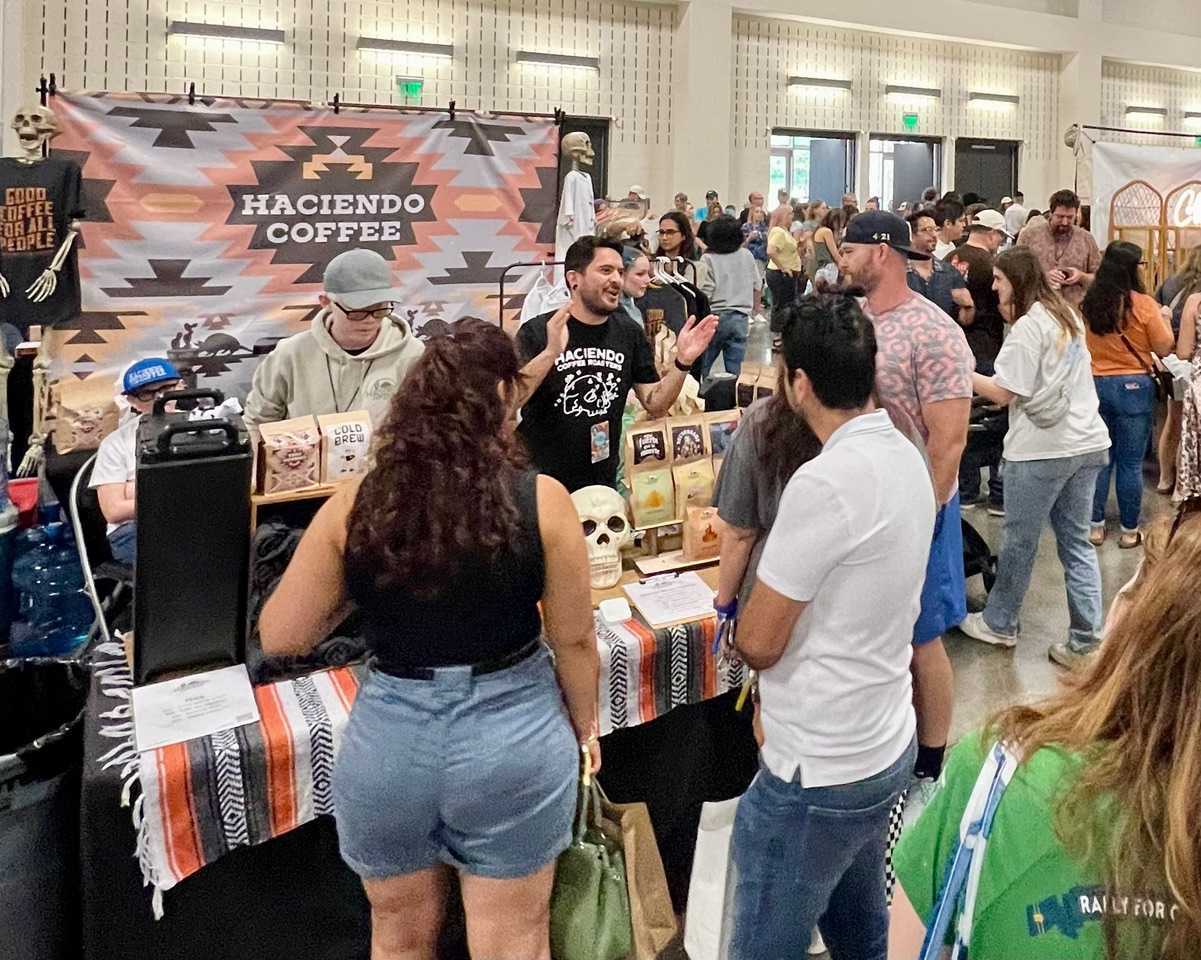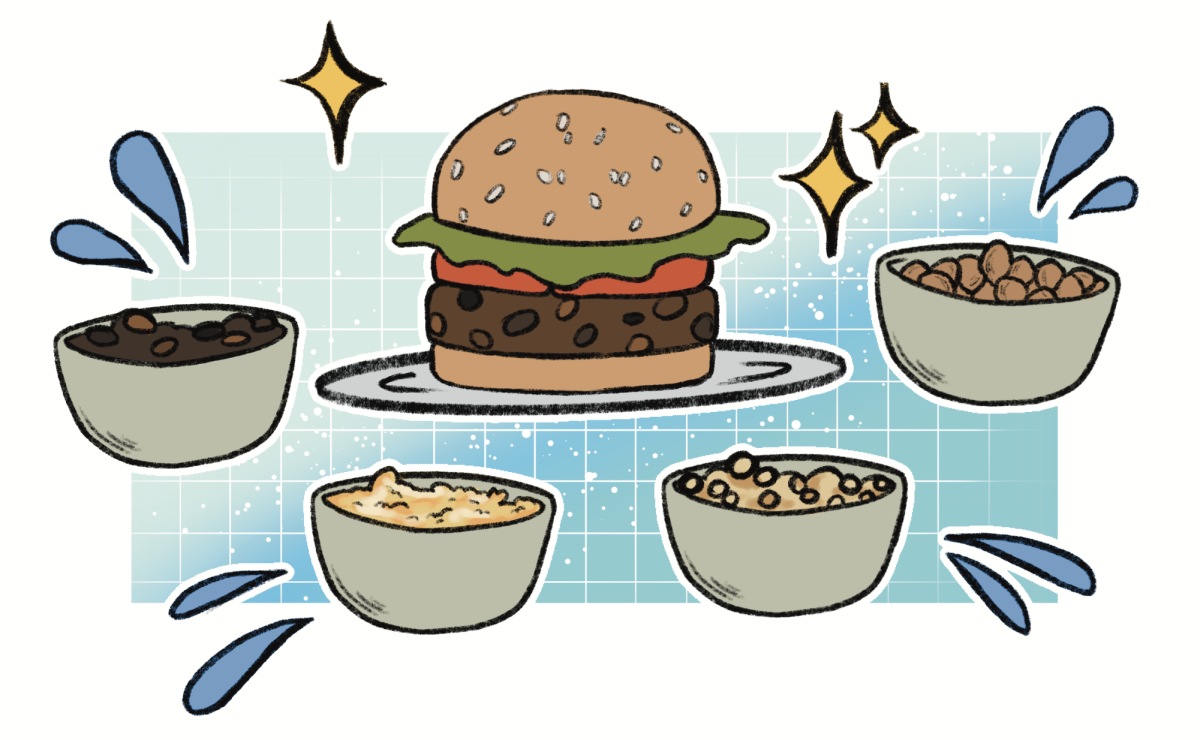A careful inspection of Lucky’s Puccias reveals that there isn’t a single Italian flag hanging in the food truck. But it is not an oversight, a mistake or even against the health code.
According to the heavily tattooed, pierced and gauged owner, Lucky Sibilla, one must worry about those who advertise that they are Italian because they have to convince people.
So how does Sibilla get his nationality across?
“I advertise through my flavors,” Sibilla said. “I let my food speak for me. My personality. How I talk to people. My accent. And girls love it. I just throw a ‘ciao bella’ in there and they melt.”
And based on its success, Lucky’s Puccias—which will be featured on the Food Network’s series “Eat Street” this May—is speaking loud and clear.
At age 15, Sibilla began making pizzas for a local pizzeria in Puglia, Italy where he came up with the idea of selling pucce, a micro-regional soldiers’ bread from his hometown, Taranto, Italy.
“It was the smell that got me really like ‘wow, I really want to do this,’” Sibilla said. “The smell is amazing. It smells cozy, comforting, like something you know, something that’s in my system. I related it to my hometown, and I thought ‘this is amazing; I can do something I really love and introduce it to a new culture.’ And that’s priceless.”
Two years ago, he created Lucky’s Puccias after falling in love with an American woman and moving to Austin.
Initially, Antonella Del Fattore-Olson, distinguished senior lecturer and coordinator of the lower-division Italian Department, heard praises about the food truck. Fattore-Olson said Sibilla’s pucce make her reminiscent of Italy, which doesn’t happen to her often.
“The first bite I gave to the puccia, I swear, I closed my eyes, it was dark, it was night and I just felt like I was in Italy,” Fattore-Olson said. “The feeling, the taste, really the sensation that I was there. But I could taste the mozzarella, the fresh prosciutto, the bread. For me, it’s sacred, the bread.”
Sibilla then got involved in UT’s Italian department by contributing to and appearing in an Italian department music video, “Pesce Grande.” Sibilla is set to act in another Italian video for the intermediate class, entitled “ItalVideo.”
Paola D’Amora, Italian graduate student and native Italian, said that Olson has arranged meetings at Lucky’s in order to give Italian students a taste of Italy.
“Students involved in the Italian language are very interested in the Italian culture and they want to get as much as possible in Austin,” D’Amora said. “They’re obviously interested to go there and have a taste of what real Italian food is like.”
At a little under $10 each, D’Amora said that the pucce are too expensive for her college budget, but the fact that many people go regardless of the price verifies that the pucce are great.
Sibilla feels it is important to get involved at UT because there are a lot of people who need to learn how to eat a good sandwich. He said they spend their money on Subway or the Drag instead, but the money they save now will be spent on a doctor because they are not healthy.
“That’s why people are so sick, so obese … because they look at the price, because unfortunately, that’s how society was built, and it sucks,” Sibilla said. “So spend a little more money on good food now, and enjoy. Give food the importance it needs. They think meat is a package. I cannot believe that one corporation is able to make the exact same recipe and it tastes the exact same in Canada or Mexico. That is wrong. And that doesn’t help small farmers that work hard. So I stand up for local, simple, fresh.”
According to Sibilla, the main value of his sandwich is the ingredients.
“I go out and buy the best products for you guys,” Sibilla said. “I don’t sell you meat that is 99 cents a pound. I’m here bringing you something you’ve never had before. I bring … my knowledge of ovens and bread and how to make my sauces. Other people sell sandwiches, and they’re really bad. They really are. I don’t sell sandwiches, but I sell history.”
Although Sibilla would eventually like to open a restaurant that is less reliant on the climate, he feels fortunate to feed people of all ages.
“My best customers, in my opinion, are the really young people and the older people,” Sibilla said. “I’m able to introduce the young to a new bread that will stick to them. And for the old people, I feel honored and lucky to feed these people something they haven’t had in a whole lifetime. Therefore, you know, I feel like I want to cry.”


